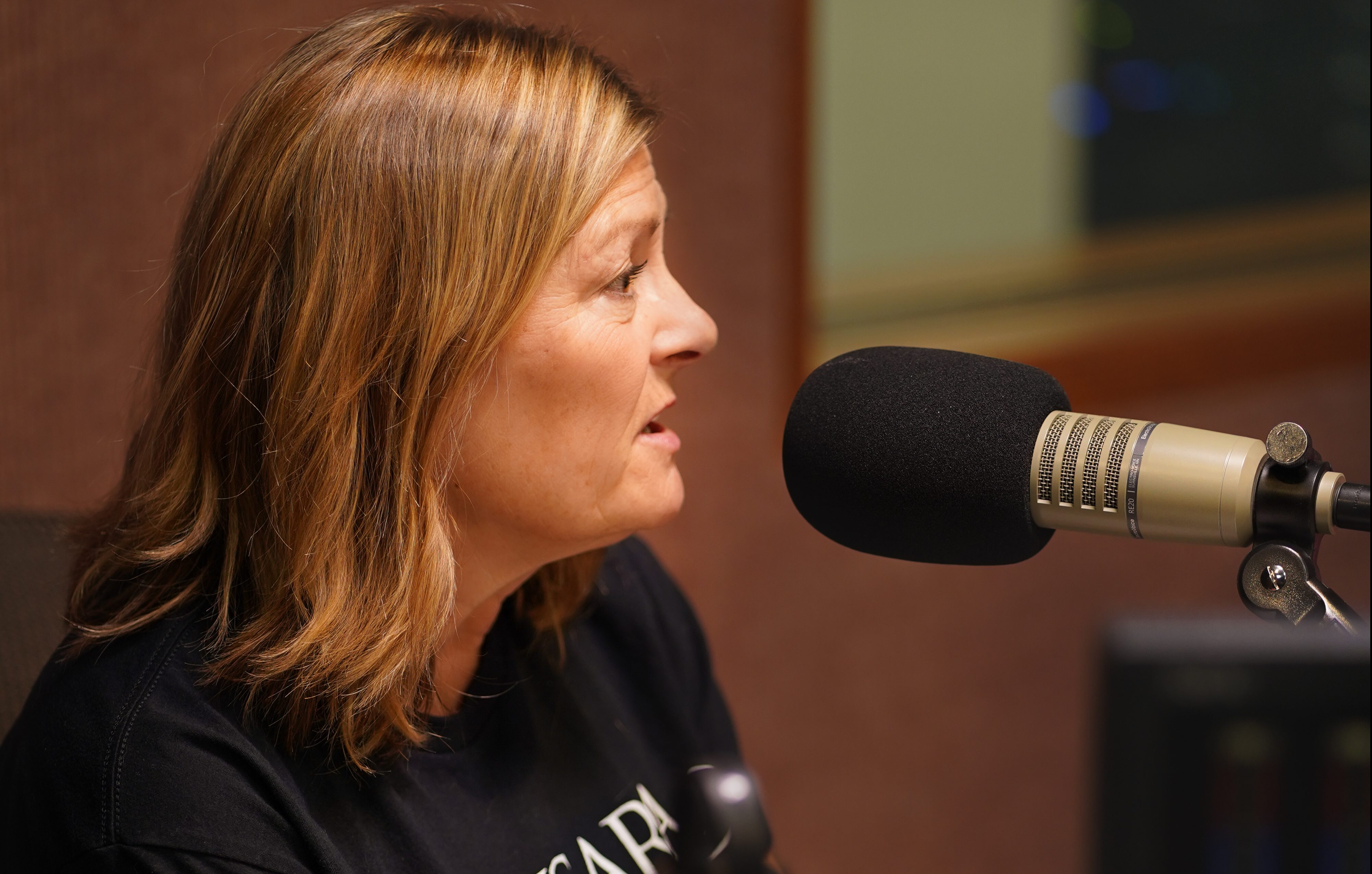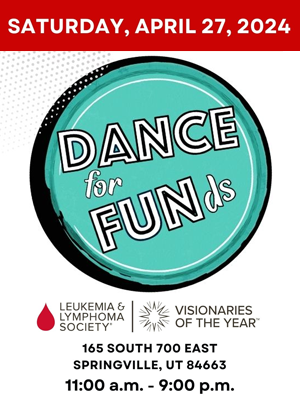Why harm reduction can be an important form of addiction recovery
By jtilton on October 14, 2020

For many who struggle with addiction or substance abuse, it may seem like the options for recovery are limited. Luckily, many are finding that harm reduction can be a great alternative to the traditional steps towards recovery.
Mary Jo McMillin, the Executive Director at USARA joined the Project Recovery podcast to talk about the impact that harm reduction is having on those in recovery.
How harm reduction is correlated with addiction recovery
According to the National Harm Reduction Coalition, harm reduction is a set of practical strategies and ideas aimed at reducing the negative consequences associated with drug use. While it may seem obscure at first, harm reduction actually has many benefits to a person’s recovery says McMillin.
“If we look at people who have struggled with substances, whether they’re identified as dependent or not, or if they’re somebody who may not want to stop using substances, they’re a person,” she said. “They’re a person who truly wants to feel better, to have their life be better.”
When it comes to recovery and the steps that are required to live a life of sobriety, McMillin knows that first hand. She has been in long-term recovery for thirty-five years herself after going into treatment for an eating disorder decades ago.
Now she and USARA are fighting to help others stay on their own road to recovery. They’re doing so by implementing their own harm reduction strategies.
The ins-and-outs of harm reduction
Harm reduction is a relatively new term in the world of addiction but it’s taking the addiction world by storm. The general concept is to include safer use, manage that use, and creating conditions for said use.
McMillin says that a patient might be addicted to opioids but using harm reduction might include specifically targeted medication to help curb that addiction.
“With harm reduction, when we have people who have been using opiates for a long time, they need medication. They need something that stabilizes their brain and their physical condition so that they can function,” she added.
McMillin also says that for some people, it might be safe to drink. But for others, it might not be while in the process of implementing harm reduction strategies. She also adds that it’s hard to know how each person handles these strategies. But by building up “recovery capital” such as having a safe place to live, providing for yourself and your family, and moving towards health social practices, the patient gets closer and closer to becoming substance-free.
Why support is so important to USARA
While there are many organizations trying to help others overcome substance abuse and addiction, USARA is unique says McMillin.
According to McMillin, USARA comes from a place where they’ve been through the struggle because their employees know addiction firsthand.
“We are a called a recovery community organization and it is run by people in recovery themselves,” McMillin said. “[We] are people with a lived experience so [we] are individuals who have had a substance abuse disorder, struggled with addiction themselves.”
And that’s what makes them so unique says McMillin. It also opens up the door to understanding the role harm reduction plays on a recovering addict.
They’re not worried about the labels of addiction according to McMillin. USARA’s goal is to be supportive and helpful in any way possible and quite often, that starts with a conversation.
“When we meet with somebody, it’s [for] the individual. We’re not sitting down saying what drugs are you using or how much are you drinking,” McMillin described. “We’re not identifying them by a label, we’re addressing them as a person.”
And this support is extremely crucial to providing the best care possible for the patient.
“Support is really important and harm reduction would be a medication or it might be their continued use. How can we support you as you continue to use so you don’t wind up becoming homeless or something that would actually cause you more harm.”
Listen to the podcast to learn more about harm reduction and other ways to prevent substance abuse
For more information on opioid prevention or if you or someone you know is struggling, you can find more information on Facebook, KSL TV, or from Use Only as Directed. To hear more from Casey Scott and Dr. Matt Woolley, you can listen below or subscribe to the ‘Project Recovery’ podcast on Apple Podcasts or wherever you get major podcasts.








